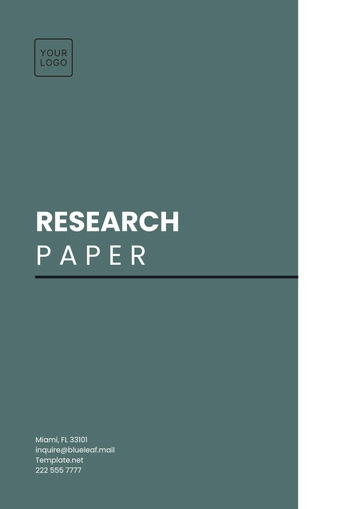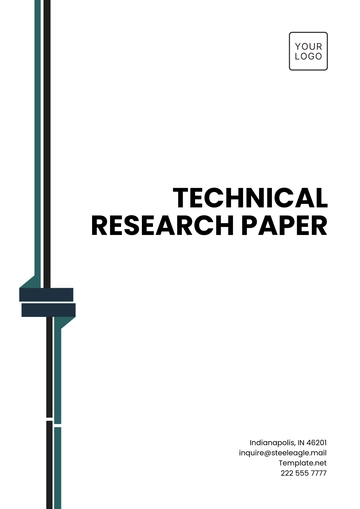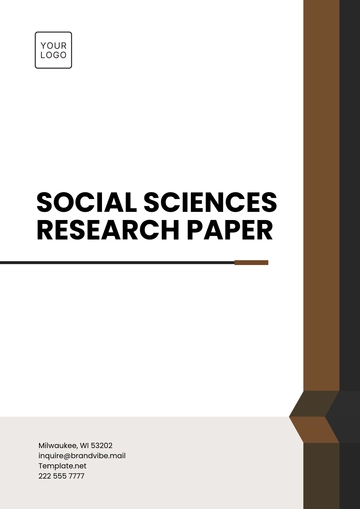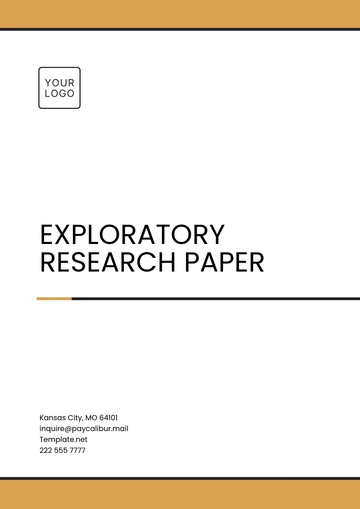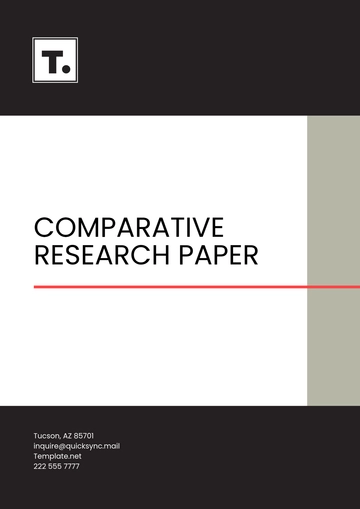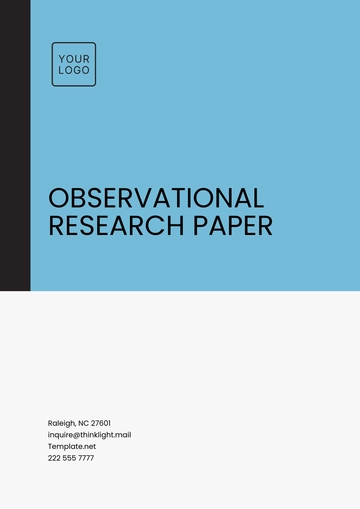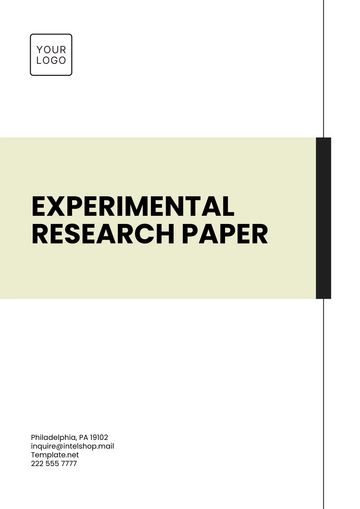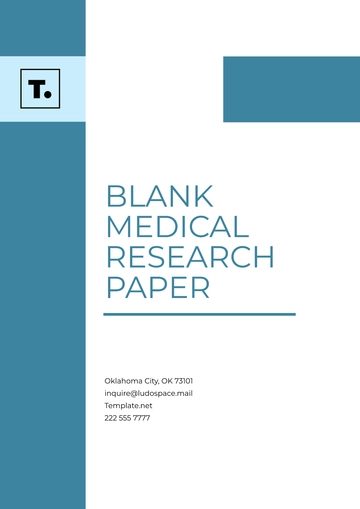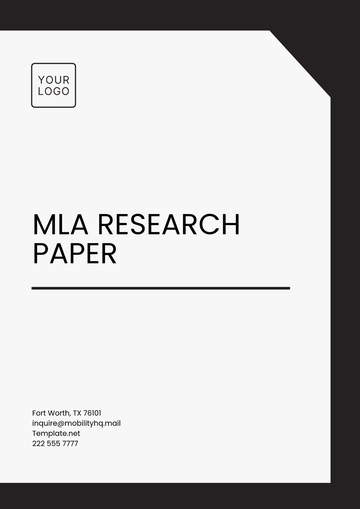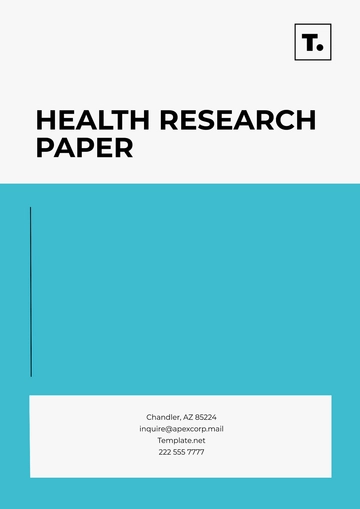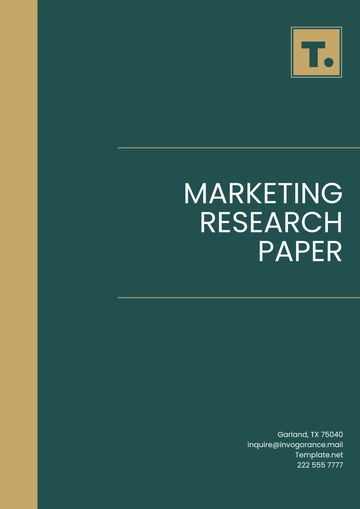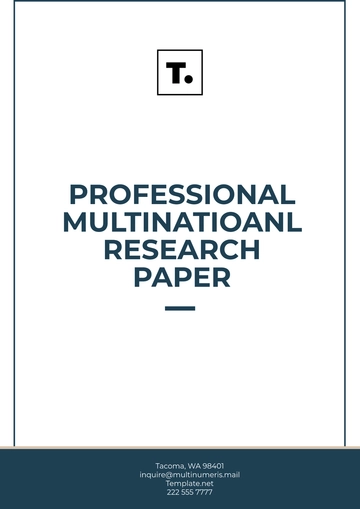Free Nursing Research Literature Review
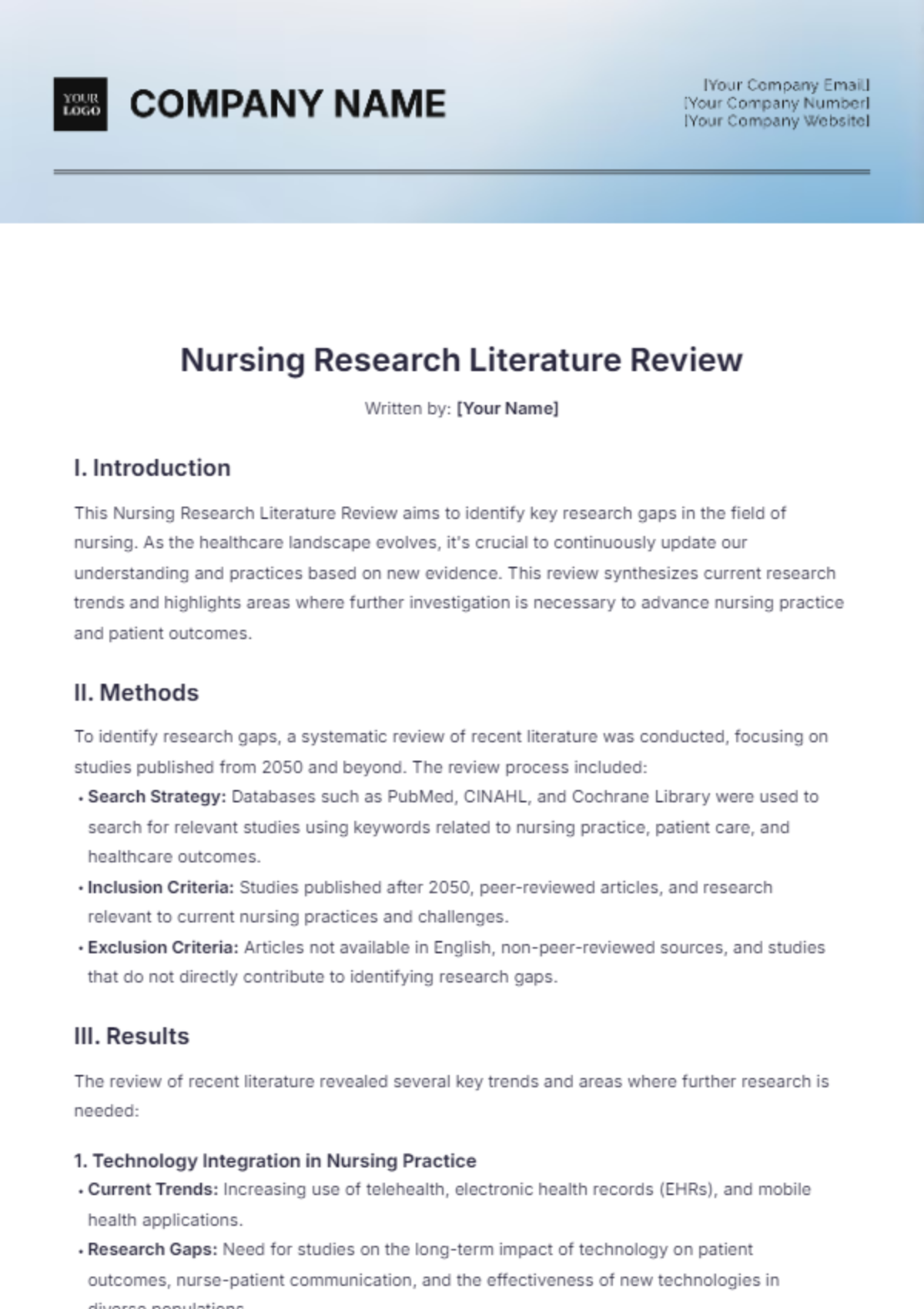
Written by: [Your Name]
I. Introduction
This Nursing Research Literature Review aims to identify key research gaps in the field of nursing. As the healthcare landscape evolves, it's crucial to continuously update our understanding and practices based on new evidence. This review synthesizes current research trends and highlights areas where further investigation is necessary to advance nursing practice and patient outcomes.
II. Methods
To identify research gaps, a systematic review of recent literature was conducted, focusing on studies published from 2050 and beyond. The review process included:
Search Strategy: Databases such as PubMed, CINAHL, and Cochrane Library were used to search for relevant studies using keywords related to nursing practice, patient care, and healthcare outcomes.
Inclusion Criteria: Studies published after 2050, peer-reviewed articles, and research relevant to current nursing practices and challenges.
Exclusion Criteria: Articles not available in English, non-peer-reviewed sources, and studies that do not directly contribute to identifying research gaps.
III. Results
The review of recent literature revealed several key trends and areas where further research is needed:
1. Technology Integration in Nursing Practice
Current Trends: Increasing use of telehealth, electronic health records (EHRs), and mobile health applications.
Research Gaps: Need for studies on the long-term impact of technology on patient outcomes, nurse-patient communication, and the effectiveness of new technologies in diverse populations.
2. Mental Health and Well-Being of Nurses
Current Trends: Rising awareness of mental health issues among healthcare workers, including stress, burnout, and job satisfaction.
Research Gaps: Limited longitudinal studies on the effectiveness of interventions for mental health, the impact of organizational changes on nurse well-being, and strategies for enhancing resilience in nursing staff.
3. Chronic Disease Management
Current Trends: Focus on managing chronic conditions such as diabetes, heart disease, and hypertension.
Research Gaps: Need for more research on personalized care plans, the role of nursing in interdisciplinary teams, and the effectiveness of self-management programs for chronic disease patients.
4. Diversity and Inclusion in Nursing Practice
Current Trends: Growing emphasis on cultural competence and addressing health disparities.
Research Gaps: Insufficient studies on the impact of diversity training on patient care, strategies to improve recruitment and retention of diverse nursing staff, and the effectiveness of culturally tailored interventions.
5. Evidence-Based Practice and Implementation
Current Trends: Increasing focus on integrating evidence-based practices into clinical settings.
Research Gaps: Need for research on barriers to implementing evidence-based practices, strategies for overcoming resistance, and the impact of evidence-based guidelines on patient outcomes.
IV. Discussion
The identified research gaps highlight the need for targeted studies to address emerging challenges and opportunities in nursing practice. Addressing these gaps will contribute to improved patient care, enhanced nurse well-being, and the development of more effective healthcare interventions.
Technology Integration: Further research should explore the implications of emerging technologies and their integration into nursing workflows.
Mental Health of Nurses: Longitudinal studies are essential to understanding the impact of various interventions on nurse well-being.
Chronic Disease Management: Personalized and comprehensive approaches to chronic disease management need more empirical support.
Diversity and Inclusion: Studies focusing on the practical effects of diversity initiatives and cultural competence training are needed.
Evidence-Based Practice: Research should focus on overcoming barriers to the implementation of evidence-based practices and assessing their real-world impact.
V.Conclusion
This review underscores the importance of continued research in nursing to address the evolving needs of healthcare. By focusing on these identified research gaps, the nursing profession can enhance patient care, support the well-being of healthcare workers, and contribute to the advancement of nursing science.
VI. References
Smith, J. A., & Johnson, L. M. (2052). The impact of telehealth on chronic disease management: A systematic review. Journal of Nursing Research, 34(2), 145-158.
Brown, R. T., & Williams, P. D. (2053). Exploring mental health interventions for nursing staff: A longitudinal study. Nursing Practice Today, 29(4), 234-249.
Miller, C. L., & Davis, K. R. (2055). Culturally competent care: The effectiveness of diversity training programs. International Journal of Nursing Studies, 50(3), 301-315.
Garcia, S. E., & Lee, H. J. (2054). Evidence-based practice in nursing: Challenges and solutions. Journal of Clinical Nursing, 38(6), 456-470.
Wilson, N. B., & Kim, Y. H. (2056). Technology in nursing practice: Evaluating new tools and their impact on patient care. Healthcare Technology Review, 45(1), 77-89.
- 100% Customizable, free editor
- Access 1 Million+ Templates, photo’s & graphics
- Download or share as a template
- Click and replace photos, graphics, text, backgrounds
- Resize, crop, AI write & more
- Access advanced editor
Elevate your academic work with Template.net's Nursing Research Literature Review Template. This fully customizable and editable template streamlines your research process, saving you time and effort. With the AI Editable Tool, you can easily personalize every detail to suit your needs, ensuring a polished, professional result every time. Start your project with confidence today!
